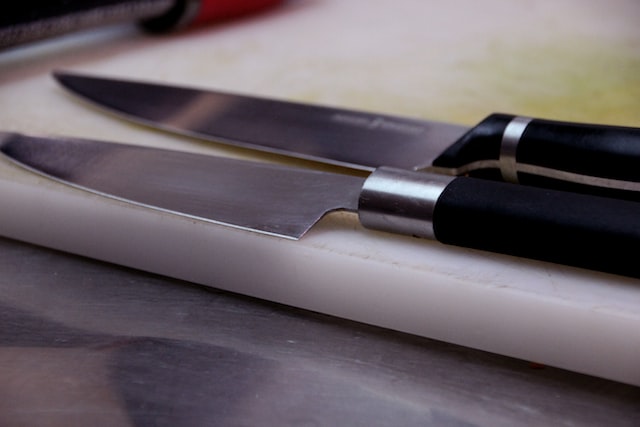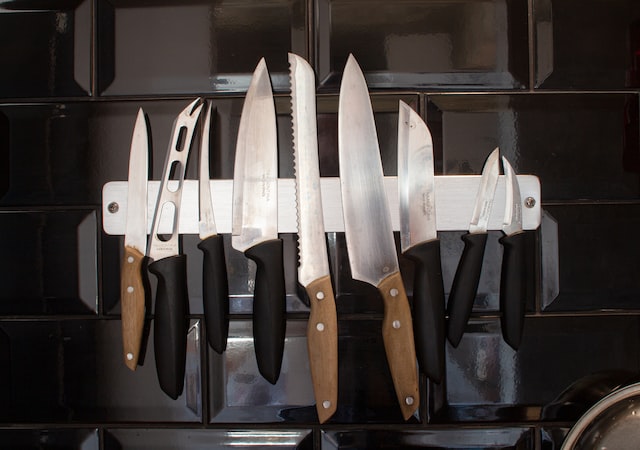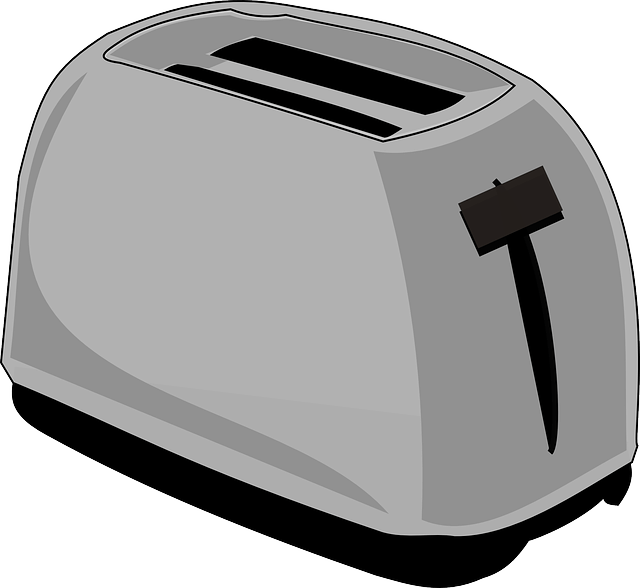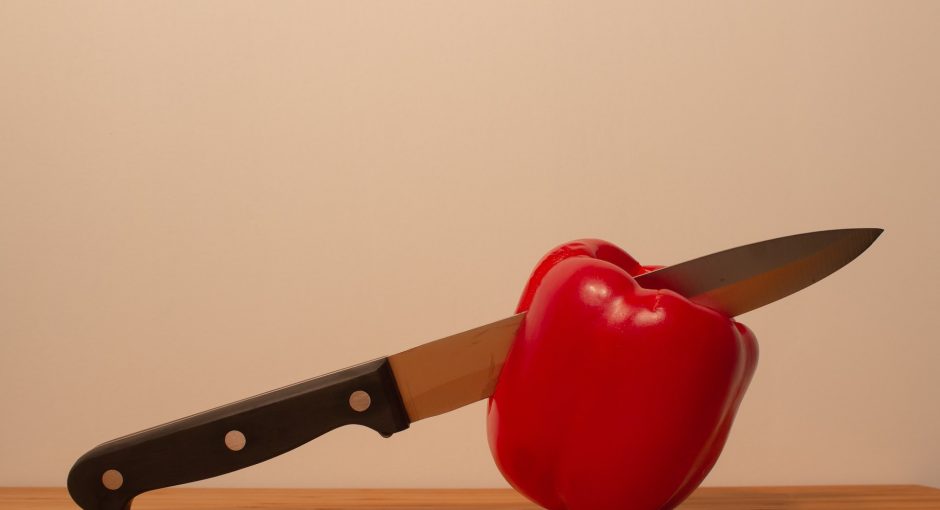Kitchen knives are an indispensable part of any cook’s arsenal, but they also carry risks that should be handled with care. This is especially true if you’re disposing of an old knife which may still be sharp. Fortunately, there are ways to safely dispose of kitchen knives without endangering yourself or someone else.
Recycle or Donate
Local charity shops and social department stores often take old kitchen knives for restoration and sharpening, which can then be given to those in need – particularly those from disadvantaged backgrounds.

Knives can be put to many uses, like prepping food. Reusing them instead of throwing them away could even give you money back for purchasing a new set!
Another way to discard an old knife is by taking it to a scrap metal recycling center. Some companies offer special programs for this purpose, so be sure to check in your area to see if there’s one nearby.
If you want a safer option, make a sheath out of cardboard and wrap your knife in it. This material is more robust than newspaper and thus more likely to keep the blade secure.
To do this, cut a piece of cardboard that is twice the length of your knife’s blade and fold it over so that the knife is fully enclosed within its sheath. Secure all edges with duct tape or parcel tape so that they don’t slide out accidentally.
Alternatively, you could wrap your knife in newspapers and place it in a labeled box to throw away. This method is the safest option as it helps reduce the chances of anyone getting hurt accidentally.
However, it’s essential to remember that paper covering the blade won’t stop a knife from being sharp; thus, use a container larger than your kitchen knife’s blade size to avoid any exposed sharp points. You could also wrap the knife in bubble wrap but be sure to use plenty of it so that all surfaces are completely covered.

Wrap the paper securely around the blade, and secure it with tape to protect against sharp points. Position the tape securely so that the wrapping does not fall apart during transit.
Additionally, make sure your knife is stored in a puncture-proof plastic or metal container with a lid. Doing this helps avoid it being mistaken for other items by refuse collectors who could cause serious injury if they misidentify it.
Before throwing away your knife, be sure to give it a thorough wash. This will help eliminate any rust or bacteria present and protect the blade from being damaged during disposal.

